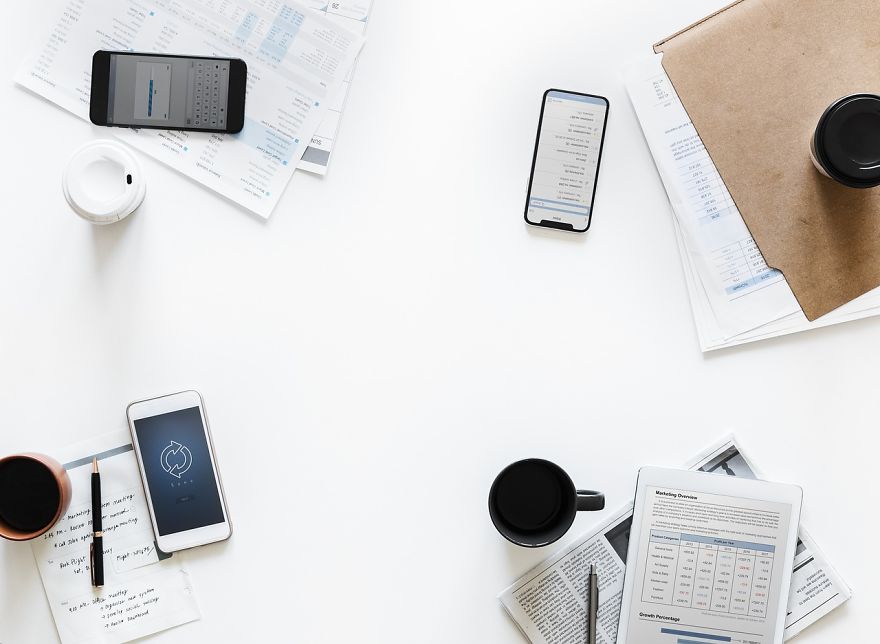These Are The Main Differences Between Those Who Buy Iphone Or Android
241views
In the fact that a person goes to a store and ask for the latest iPhone model or opt for an Android low-cost is not only an economic issue, practicality or sympathy. There are psychological, sociological and demographic bases behind that decision. And as both platforms are the absolute dominating in a sector that moves billions of dollars, these bases have been studied in a profound way.
Demography: Android is the mobile of emerging economies
Android is the preferred platform worldwide for an overwhelming 85% compared to less than 15% of Apple devices. But this difference is not so great in the United States (60% for Android, 40% for iPhone) or Europe (69% for the invention of Google and 29% for iOS). In Asia, Android wins with 82% (iOS has 11%). In South America the numbers are even more overwhelming: 87% prefer the robot and only 9% prefer the apple. For its part, in Spain, 80% prefer Android and 19% bet on the iPhone.
It seems that the Google platform is the overwhelming favorite in developing economies (Asia) or where there is greater inequality (South America). However, in the most economically powerful markets (United States) or in those with the highest parity (Europe), the advantage is not so great.
Personality differences
Several studies have analyzed the differences in personality between these two groups. One of them, carried out by the University of Lincoln, and in which the answers to a questionnaire of 240 participants were analyzed, and then another test session to another 500 users, in which the following conclusions were drawn:
– The owners of an Android phone are perceived as more honest, humble and it seems that with them it is easier to engage in conversation than with those who have an iPhone.
– The owners of an iPhone are perceived as more extroverted. They also boast of buying products that do not buy the majority, and dream of being younger than those of the other platform. In addition, they perceive that their telephone is not just a device, but also an object of status.
– Regarding sex, according to this work, women are twice as likely to buy an iPhone as an Android.
Sociodemographic variables
In a study published by Comscore, it was found that Apple users used to be slightly younger than Android users (those who are between 18 and 24 years old represent 19% of the total iPhone holders, compared to 16% of Android in the same segment).
More info: toolbox.iskysoft.com
In the fact that a person goes to a store and ask for the latest iPhone model or opt for an Android low-cost is not only an economic issue, practicality or sympathy. There are psychological, sociological and demographic bases behind that decision. And as both platforms are the absolute dominating in a sector that moves billions of dollars, these bases have been studied in a profound way.
Demography: Android is the mobile of emerging economies
Android is the preferred platform worldwide for an overwhelming 85% compared to less than 15% of Apple devices. But this difference is not so great in the United States (60% for Android, 40% for iPhone) or Europe (69% for the invention of Google and 29% for iOS). In Asia, Android wins with 82% (iOS has 11%). In South America the numbers are even more overwhelming: 87% prefer the robot and only 9% prefer the apple. For its part, in Spain, 80% prefer Android and 19% bet on the iPhone.
It seems that the Google platform is the overwhelming favorite in developing economies (Asia) or where there is greater inequality (South America). However, in the most economically powerful markets (United States) or in those with the highest parity (Europe), the advantage is not so great.
Personality differences
Several studies have analyzed the differences in personality between these two groups. One of them, carried out by the University of Lincoln, and in which the answers to a questionnaire of 240 participants were analyzed, and then another test session to another 500 users, in which the following conclusions were drawn:
– The owners of an Android phone are perceived as more honest, humble and it seems that with them it is easier to engage in conversation than with those who have an iPhone.
– The owners of an iPhone are perceived as more extroverted. They also boast of buying products that do not buy the majority, and dream of being younger than those of the other platform. In addition, they perceive that their telephone is not just a device, but also an object of status.
– Regarding sex, according to this work, women are twice as likely to buy an iPhone as an Android.
Sociodemographic variables
In a study published by Comscore, it was found that Apple users used to be slightly younger than Android users (those who are between 18 and 24 years old represent 19% of the total iPhone holders, compared to 16% of Android in the same segment).
More info: toolbox.iskysoft.com
241views
Share on Facebook



0
1